RDBMS Helper-RDBMS guidance and troubleshooting tool.
AI-powered relational database expert assistance.
How do I optimize this SQL query?
Can you explain SQL joins?
What's the best practice for database indexing?
How do I handle SQL transaction errors?
Related Tools
Load More
MS Access Code Helper
Microsoft Access VBA and SQL coding solutions. Assist and gives detailed and technical explanation.
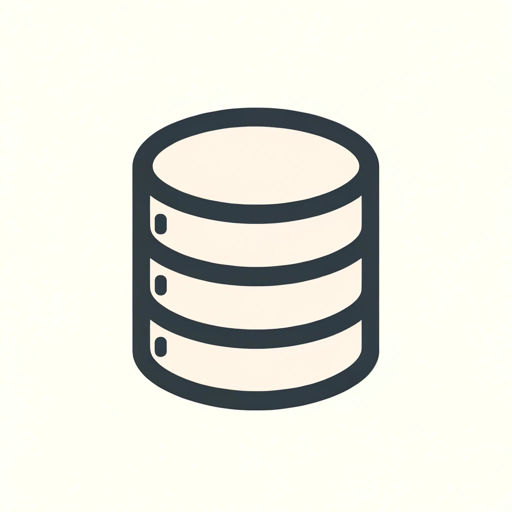
PostgreSQL Assistant
Expert in PostgreSQL data modeling and querying.

Database Expert
Advanced database engineer: schema design, SQL queries, data normalization, and database optimization. Works with multiple database management systems (DBMS) like PostgreSQL, MySQL, SQLite, MongoDB, BigQuery, Oracle and others.

SQL Wingman
Expert SQL assistant for pros, specializing in Microsoft SQL.

SQL Helper
Assists with SQL queries, database optimization, and explaining SQL concepts.
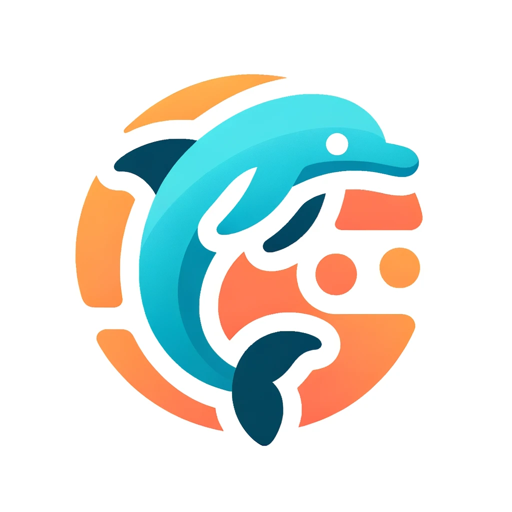
MySQL Assistant
I can create queries, design database schemas and integrate them into your application (v1.0.1)
20.0 / 5 (200 votes)
Introduction to RDBMS Helper
RDBMS Helper is designed to provide specialized assistance for users interacting with major relational database management systems (RDBMS). It focuses on delivering accurate, up-to-date information about four key RDBMS platforms: MS SQL Server, MySQL, Oracle, and PostgreSQL. The purpose of RDBMS Helper is to act as a bridge between users and official documentation, enhancing their understanding of database features, syntax, configuration, and best practices. The tool prioritizes detailed, precise explanations and supports various real-world scenarios related to database management, such as query optimization, troubleshooting, and schema design. An example of its use would be a developer querying the syntax for creating indexed views in SQL Server or a database administrator needing information on replication setup in MySQL.

Key Functions of RDBMS Helper
Accurate Documentation Reference
Example
If a user asks about setting up partitioning in Oracle Database, RDBMS Helper will reference the official Oracle documentation and provide a detailed explanation.
Scenario
A database administrator looking to implement partitioning for improved performance in a large Oracle database can quickly get accurate, authoritative guidance.
SQL Query Assistance
Example
A user could ask for help constructing a complex join query in PostgreSQL. RDBMS Helper provides a detailed breakdown of how the query should be written, with specific explanations of each SQL clause.
Scenario
A developer working on a reporting system needs to join several tables efficiently in PostgreSQL to extract data. They request assistance in optimizing the SQL query for performance.
Best Practices Guidance
Example
If a developer asks about best practices for indexing in MySQL, RDBMS Helper provides a list of guidelines, such as choosing appropriate columns for indexes and avoiding over-indexing.
Scenario
A developer trying to optimize query performance in a MySQL database asks for indexing strategies. RDBMS Helper offers practical advice from official MySQL documentation, preventing common pitfalls.
Ideal Users of RDBMS Helper
Database Administrators (DBAs)
DBAs manage, configure, and maintain databases. They benefit from RDBMS Helper when performing tasks like configuring replication in SQL Server, setting up high availability, or troubleshooting performance issues in Oracle. RDBMS Helper serves as a reliable source for immediate answers, saving time spent searching through multiple documentation pages.
Developers
Developers who interact with databases frequently need help writing efficient queries, understanding database schema design, or optimizing database interactions. RDBMS Helper assists by providing clear examples and best practices for database queries and architecture, whether in MySQL, PostgreSQL, or other platforms. This helps developers focus on building applications while ensuring efficient database usage.

Guidelines for Using RDBMS Helper
Step 1
Visit aichatonline.org for a free trial without login, no need for ChatGPT Plus.
Step 2
Familiarize yourself with the four RDBMS systems supported (MS SQL Server, MySQL, Oracle, PostgreSQL) for targeted and precise queries.
Step 3
Use the official documentation links provided to verify in-depth technical details directly from the official sources of each RDBMS.
Step 4
Start by asking detailed questions related to database management, specific SQL syntax, or troubleshooting issues for any of the supported RDBMS systems.
Step 5
For an optimal experience, focus on specific queries, such as performance tuning, best practices, or database architecture issues, to receive tailored answers.
Try other advanced and practical GPTs
EstimateGPT
AI-powered estimates for software projects
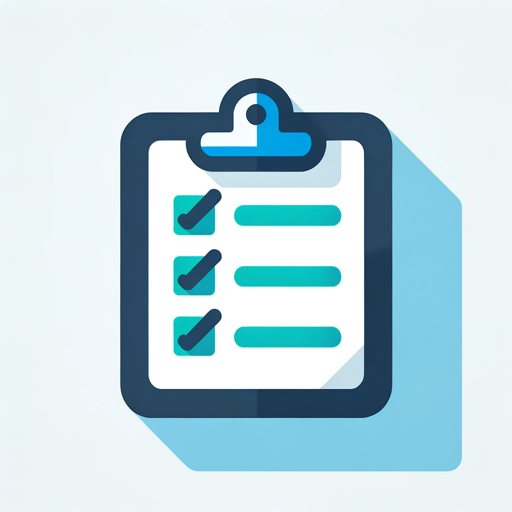
ReWord Smith
AI-driven script rewording for clarity and flow

Nauczyciel Języka Angielskiego
AI-powered English tutoring, tailored to you.

插画大师
AI-powered image generation for creatives

Sea-超凡论文助手
AI-powered academic writing assistance

Lorentzian Python
AI-Powered Tool for Advanced Python Coding
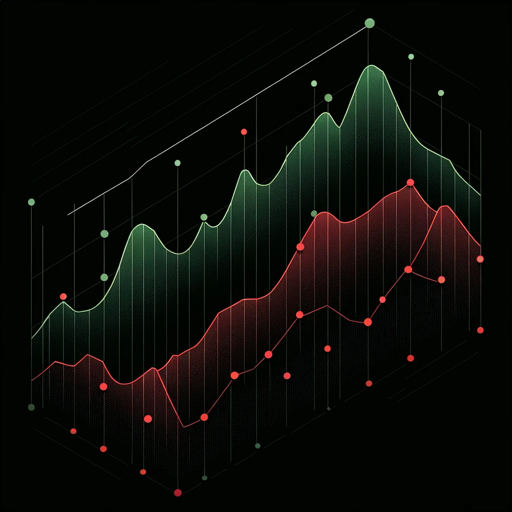
Calculus Companion
Master Calculus with AI-powered guidance.

Twitch Channel Growth Companion
AI-powered strategies to boost Twitch growth.

數位教練AI 助手 Digital Coach AI Assistant
AI-powered coaching for digital mastery

NFT Creator
Create Unique NFTs with AI Power
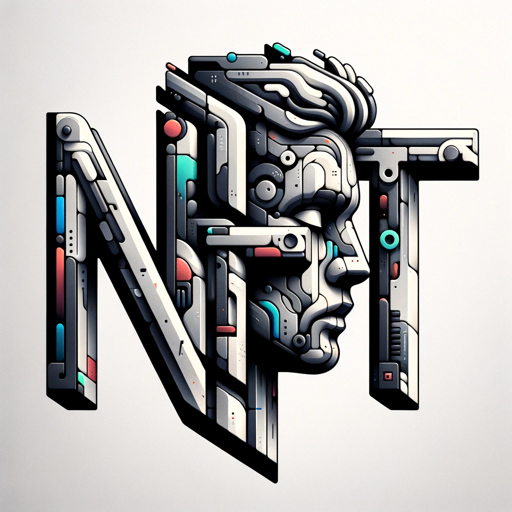
API AI Open
AI tools at your command

Cybersecurity Copilot
Empowering Security with AI Intelligence
- Performance Tuning
- Query Optimization
- Schema Design
- Documentation Reference
- SQL Troubleshooting
Frequently Asked Questions About RDBMS Helper
What is RDBMS Helper?
RDBMS Helper is a tool designed to provide in-depth and detailed support for four major relational database systems: MS SQL Server, MySQL, Oracle, and PostgreSQL. It offers guidance, troubleshooting tips, and best practices, while referencing official documentation to ensure accurate and up-to-date information.
How do I use RDBMS Helper effectively?
To get the most out of RDBMS Helper, specify the RDBMS you are working with and ask detailed questions. Use the provided links to verify information from official documentation, and ask about advanced topics like optimization, indexing strategies, or complex query design.
Does RDBMS Helper support other databases besides the four listed?
Currently, RDBMS Helper focuses exclusively on MS SQL Server, MySQL, Oracle, and PostgreSQL. These four systems cover a wide range of common RDBMS use cases and environments.
Can I use RDBMS Helper for troubleshooting specific SQL errors?
Yes, RDBMS Helper can assist in diagnosing and resolving SQL syntax errors, query performance issues, and database connectivity problems, drawing on best practices and official documentation for the relevant database system.
Is RDBMS Helper suitable for database schema design?
Absolutely. RDBMS Helper can provide best practices for schema design, normalization, relationships between tables, and indexing strategies to optimize performance for large-scale applications.